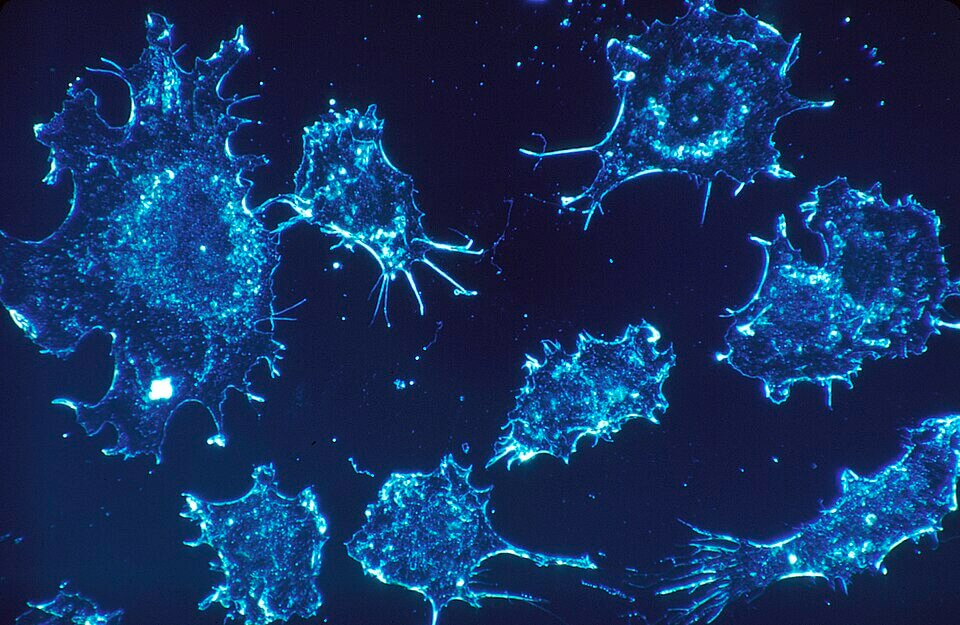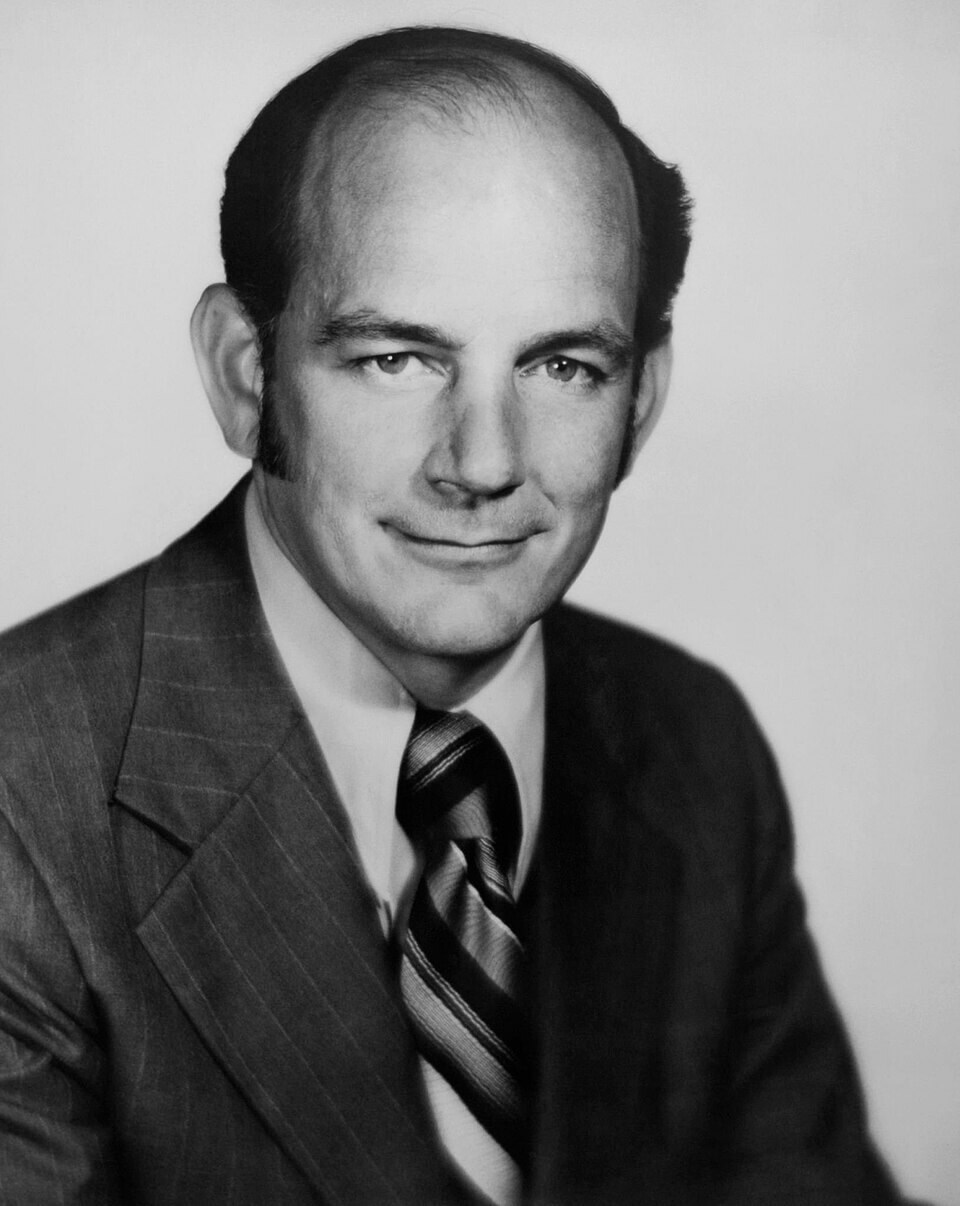This article first appeared on Forbes.com
Virginia is the first state to formally press for the creation of a virtual power plant. Glenn Youngkin, the state’s Republican governor, signed the Community Energy Act on May 2, which mandates Dominion Energy to launch a 450-megawatt virtual power plant (VPP) pilot program.
Virginia isn’t alone in this endeavor, but it is certainly the most out front. There are many incipient VPPs clustered around utilities across the country.
A virtual power plant is the ultimate realization of something that has been going on for a long time as utilities have been hooking up various power sources, managed conservation and underused generation, known as distributed energy resources (DER). These, according to even small utilities, can contribute up to and possibly over 10 percent electricity to a utility system.
Organized and formalized and with enough coverage, DER becomes a VPP. Sometimes the terms are used interchangeably.
A virtual power plant not only depends on managed conservation and underused generation but also on some imaginative use of resources, like hooking up transportation fleets to discharge their batteries onto the grid when they aren’t in use. Electric school buses are frequently cited as playing a role in future VPPs. Conservation and solar roofs with related batteries are the backbone of DER and VPPs. Eventually, they are expected to be common to most utilities or consortia of utilities.
In Owings Mills, Maryland, an engineer and inventor with a slew of patents to his name, Key Han, dreams of a different kind of VPP, one which could, if widely deployed, provide a new source of baseload power.
Han, CEO and chief scientist at DDMotion, has pioneered speed-converter technology which, if widely deployed, would produce inexpensive, reliable energy in sufficient quantity to be described as baseload. Indeed, he said in an interview, “It would be a huge new source of baseload.”
Han’s technology converts variable energy inputs into constant speed outputs. For example, the flow of water in a stream is variable but with his speed-converter technology, the energy in the flow can be captured and converted to a constant speed output.
With his technology, grid-quality frequency can flow from many sources without extensive civil engineering or major construction, he told me. In particular, Han cited non-power dams, like the ones in New England which were built in the 19th century to drive the textile mills.
“A simple harnessing module with a generator behind the spillway coupled with my technology can produce frequency that is constant and ready to go on the grid. If you have enough of these simple, low-cost generators installed, you have created a new baseload source, a virtual power plant of a different and exceptionally reliable kind,” Han said.
Another use of the same DDMotion technology would remedy what is becoming a growing problem for wind and solar generators: the lack of rotating inertia. Inertia is essential for utility operators to fix sudden changes in frequency caused by changes in generation or consumption (50 cycles in Europe and 60 cycles in the United States).
Lack of inertia has been blamed for the widespread blackout on the Iberian Peninsula and is becoming an issue for utilities with a lot of solar and wind generation, so called inverter power. This refers to the grooming with an inverter to power to grid-quality alternating current from its original direct current.
Here, again, his technology can inexpensively resolve the inertia problem for wind and solar generation, Han said. Either using a mechanical system or an electronic one, wind and solar systems could provide rotating inertia.
Increasingly, utilities are looking for untapped sources of power which can be bundled together into VPPs.
Renew Home, a Google-financed company, claims 3 gigawatts of electricity savings, which it says makes it the leader in VPPs. It relies on managing end-use load primarily in homes with load shedding of high energy-consuming devices during peaks. This is accomplished by using special thermostats and smart meters.
Industry experts believe artificial intelligence will be a key to extracting the most energy out of unconventional sources as well as fine tuning usage.
VPPs are here and many more are coming.









